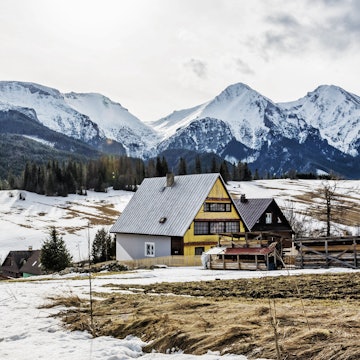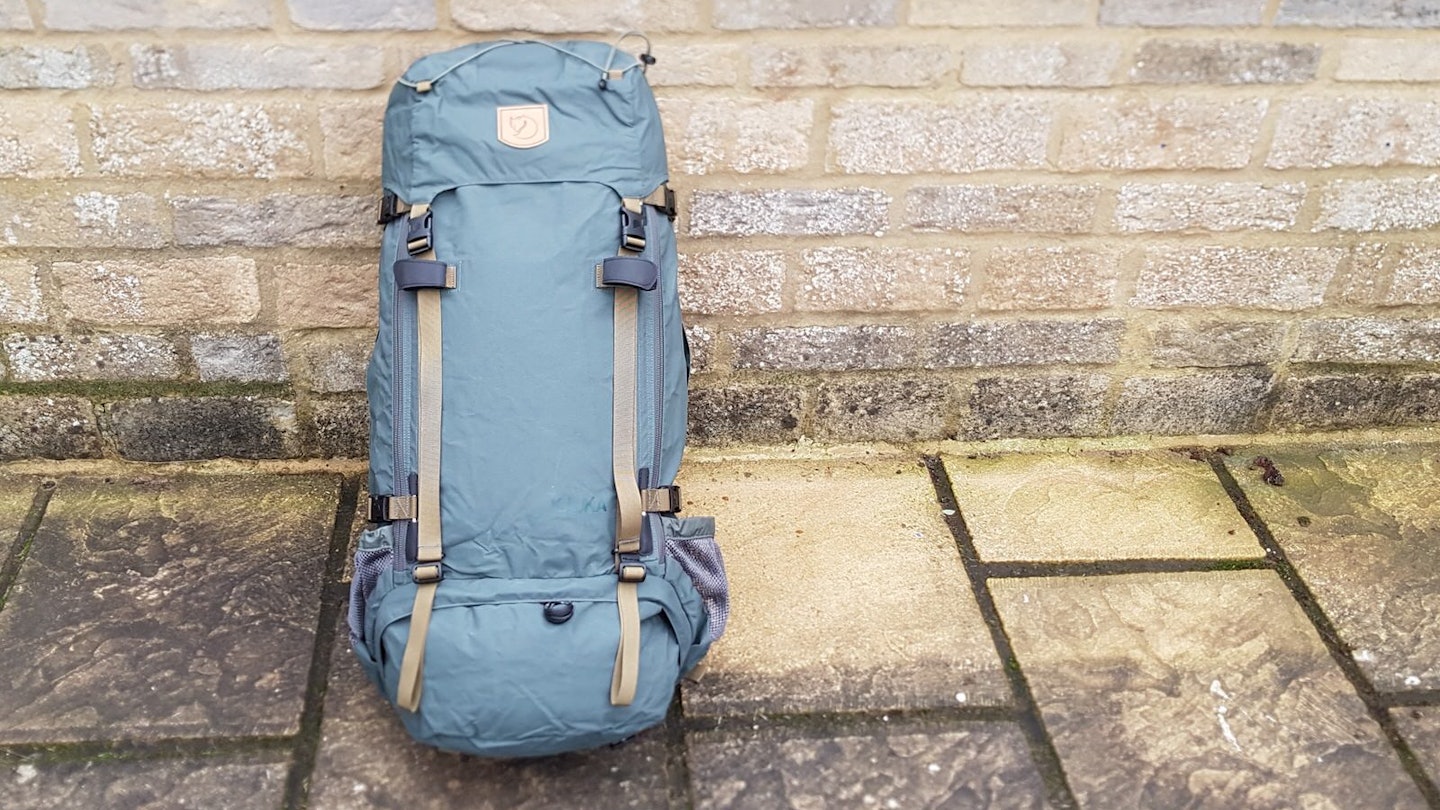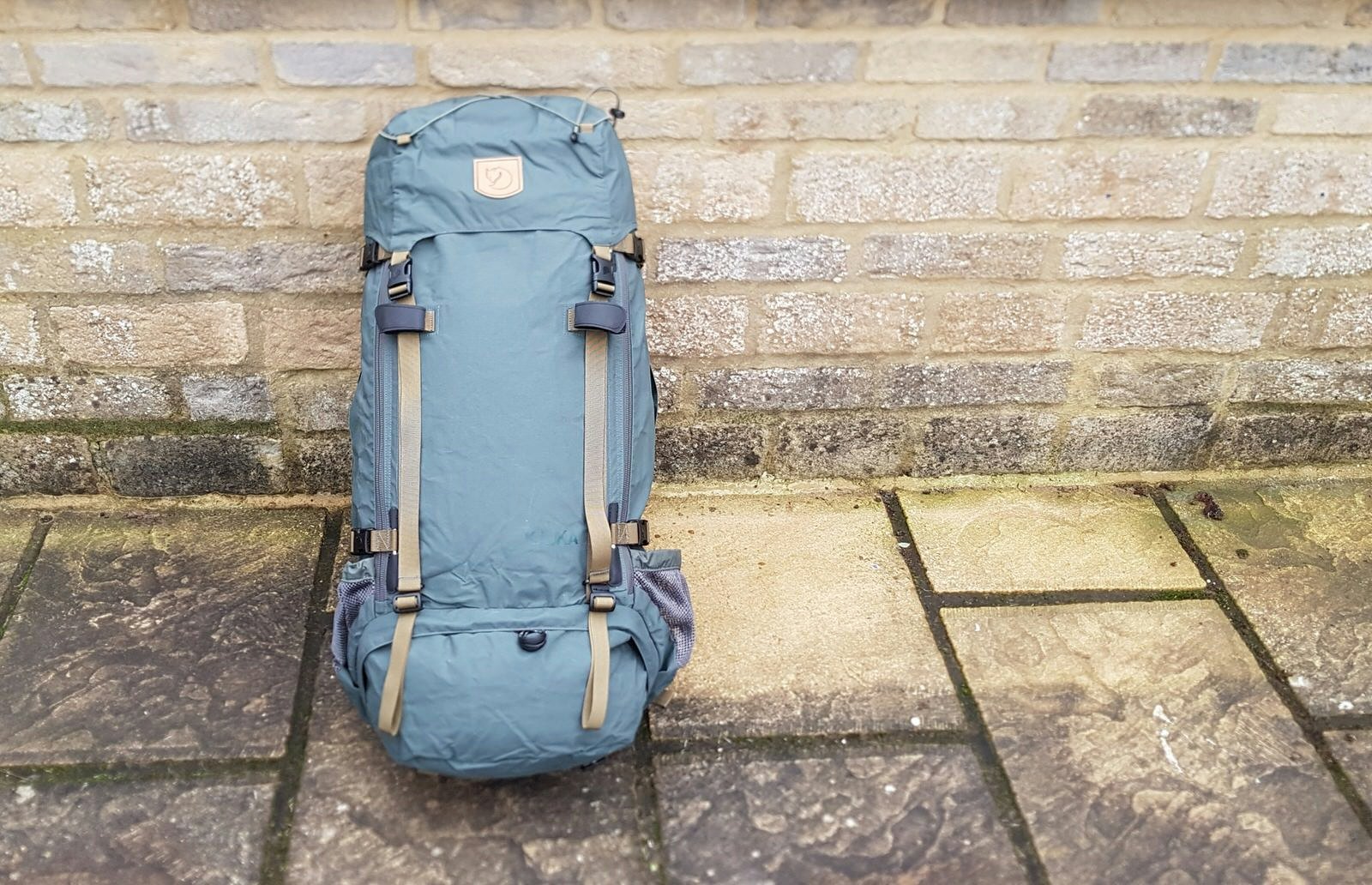

For many travellers, camping isn’t just a bit of fun, it’s a way of life: a chance to ditch the rat race and reconnect with the natural world. But whether you’re going totally off-grid or just spending a night in the woods, the right kit can ensure an evening under canvas is a dream experience rather than a nightmare in waiting.
In our latest set of reviews we take a look at some essential camping gear designed to make sleeping in the great outdoors as comfortable as possible, from family-sized tents to cosy sleeping bags, via a portable lantern that’ll charge your phone – because even in the wilderness there’s some modern comforts we just can’t be without...

Family tent: Vango Amalfi Air 600
A big tent is great for family camping trips, meaning everyone can bunk together, but the stress of putting the thing up can often cause immediate divisions in the camp. The Amalfi Air 600 from Vango offers an ideal solution. Instead of poles, there’s just three large inflatable hoops. Pump for a few minutes, peg out some guy-ropes as usual, and the job’s done. Inside, the tent is divided into a spacious living area and one large double-doored sleeping compartment that has room for up to six people (though in reality we found it was more suited to four). In testing, we found the lightweight fabric and groundsheet were great for storage but require care in use to avoid damage.
Plus points: hoops are quick and easy to inflate; pump supplied
Worth noting: also available in blue, and in smaller 400 and 500 models
Cost: £580
Rating: quality 8/10; practicality 8/10; value 8/10
More info: vango.co.uk

Hiking tent: MSR Zoic 2
If your version of camping means getting seriously off the beaten track, then the Zoic 2 tent from outdoor gear manufacturer MSR could make for an ideal companion. Weighing in at around 2kg, the tent is impressively light – making it ideal for those who want to hike in the day and pitch up beside the trail in the evening. It’s also exceptionally well-designed, with two entrances and porches along the side of the tent (rather than the front) which makes access and bad-weather cooking significantly easier. In testing, we found the base of the flysheet panels touched the inner mesh tent, but this was easily solved by attaching a small guy-line to the panel and pegging it out. Other than this issue, the tent performed exceptionally.
Plus points: in warm climates, inner tent can be used alone as a free-standing bug net
Worth noting: lightweight ground sheet requires care or a protective footprint (optional extra)
Cost: US$349.95
Rating: quality 9/10; practicality 9/10; value 9/10
More info: msrgear.com

Cooking stove: Primus Kinjia
You could have the comfiest ground mat on the market, and the warmest sleeping bag available, but if you haven’t eaten well, sleeping in the great outdoors can be one great struggle – especially with smaller campers in tow. The Kinjia from Primus is a great compromise between lightweight hiking stoves and more heavy-duty options. Two burners give out plenty of heat for a quick boil, and simmering is easy as well – spelling an end to traditional dinners of cold beans. The stove is aimed at campers who get to their site by car, but it’s neat and compact, and works with disposable gas cartridges as well as large refillable canisters, meaning it could be used by trail campers too.
Plus points: quick to set up, easy to clean
Worth noting: a smaller alternative for hikers and bikers is the Primus Lite+ (previously reviewed here)
Cost: US$179.95, £150, €199.95
Rating: quality 8/10; practicality 8/10; value 7/10
More info: primus.eu

Backpack: Fjallraven Kajka 75
For camping trips where you’re carrying your own kit, you need a rucksack that’s big, tough and comfortable to wear. The Kajka 75 from Fjallraven ticks all the boxes. Despite an understated appearance, it’s loaded with features including neat side pockets that fold away behind compression straps, a fully adjustable top pocket (that turns into a separate small bag), and even a birch-wood frame for improved eco-credentials. In testing, we especially loved the huge opening panel, meaning everything is easy to reach at camp, and rooting around for missing socks in the depths of a backpack is a thing of the past.
Plus points: straps adjustable for back height and shoulder width, ensuring all-day comfort
Worth noting: heavier and more expensive than some other brands, but a bag for life
Cost: US$400, £325, €379
Rating: quality 9/10; practicality 9/10; value 8/10
More info: fjallraven.com

Sleeping bag: Therm-a-Rest Questar HD
Best-known for their popular sleeping mattress range, Therm-a-Rest also manufactures sleeping bags, including the Questar HD. Rated as a ‘3-season’ bag, this is not for arctic explorers, but it’ll certainly keep you toasty on chilly evenings in the countryside. The filling is natural Nikwax hydrophobic down – small goose feathers that have been treated to reject moisture and maintain their insulative effectiveness even when damp. We tested this sleeping bag on a rainy camping trip, with outside temperatures dropping to almost freezing, and it kept us warm and dry throughout.
Plus points: ethically sourced down, environmentally safe treatment
Worth noting: we tested regular size; also available in small and long sizes
Cost: US$239.95, £224.99
Rating: quality 9/10; practicality 9/10; value 8/10
More info: thermarest.com

Outwear jacket: Rab Microlight Alpine Jacket
A quality tent may protect you from the elements when you’re bedding down for the night, but what about when you’re out exploring your new surrounds? The Microlight Alpine Jacket from down specialist Rab makes a great addition to any camping holiday, thanks to its light weight, and impressive insulating properties, keeping our tester warm even in harsh winds. Crucially, the jacket can also be rolled down to the size of a 1L drink bottle, making it easy to stow away or throw into your backpack for a day of exploring. A fully adjustable hood helps to ensure a snug fit and provide optimum insulation.
Plus points: ethically sourced goose down with Nikwax hydrophobic treatment
Worth noting: we tested the female version, also available in male cut, and with longer body or no hood
Cost: US$280, £190, €229.95
Rating: quality 9/10; practicality 9/10; value 8/10
More info: rab.equipment

Camping lantern: Coleman Twist 300+
When you’re out in the sticks a reliable light source is essential for cooking, navigating and, most importantly, dramatic storytelling. The Twist 300+ camp lantern from Coleman is a superb piece of kit. It’s robust, portable and water resistant (‘splash proof’), with a lithium-ion battery (rechargable from the mains via mini-USB) that provides an impressive amount of power – in testing we got 10 hours of light on high setting, and an amazing 112 hours on low. Even more useful is the lanterns USB port to charge up depleted mobile phone batteries, although the port’s flimsy cover proved a minor irritant.
Plus points: Batteries completely disconnect when off to prevent trickle-drain
Worth noting: A lightweight alternative for off-grid campers is the Coleman 200L Lantern powered by AA batteries
Cost: £60, €69.99
Rating: quality 8/10; practicality 9/10; value 8/10
More info: coleman.eu

Camping mattress: Therm-a-Rest NeoAir All Season SV
Therm-a-rest’s original self-inflating mattress revolutionised camping back in the 1970s and has been a kit staple ever since. We tested the All Season SV, which was extremely comfortable thanks to its generous 1830mm length, 60mm thickness and ‘baffled’ construction (so cold air is less easily transmitted from the ground to your body). Most impressive was the ‘smart valve’ with drybag-like closure that made inflation and deflation very quick and easy. The mattress is also available in wider and longer versions.
Plus points: sturdy, comfortable, great insulation; ideal for summer or winter camps
Worth noting: The alternative NeoAir models are not self-inflating (you use lung power) but they’re less bulky in your backpack.
Cost: US$159.95, £139.99
Rating: quality 9/10; practicality 9/10; value 8/10
More info: thermarest.com
More travel gear reviews
How we review products
Our opinions are by definition subjective. Our testers (male, female, young, old) trial products in the real world, then give their honest opinion and scores for quality, practicality and value: 5/10 = mediocre; 6/10 = fair; 7/10 = good; 8/10 = very good; 9/10 = excellent; 10/10 = perfect. We don’t include anything that scores less than 5/10.
We aim for gender balance, and over a year cover an equal number of male- and female-specific items. We state where kit is available in male and female versions, or for everyone, unless it’s obvious.
Prices are quoted in at least one major currency. Where possible we include other currencies. We take prices from manufacturers’ websites; information was correct at the time of publication, but you may find different prices online or in specialist stores, particularly after a period of time when products are discounted.
Manufacturers supply Lonely Planet with test products for review. We do not accept freebies in exchange for positive coverage.













